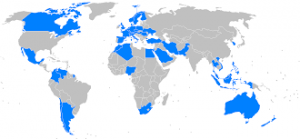
With a degree of valuable planning by my colleague Colin Bradford at the China-West Dialogue, or CWD, we convened our first virtual session of the current year. And we were very pleased that some thirty folk joined us from across the digital world – from Japan through Asia and Europe to Canada and the United States and on to Brazil. We hoped this session would be an opportunity to examine and critique “Asia’s Future at a crossroads: A Japanese strategy for peace and sustainable prosperity.” This very valuable Report was the outcome of years of work by the ‘Asia Future’ Research Group (Research Group) co-convened by Yoshihide Soeya, Professor Emeritus of Keio University and Mike Mochizuki of the Elliott School of International Affairs of George Washington University.
The Research Group began meeting in 2018. In 2022 the Japanese government adopted a new “National Security Strategy” for the first time in a decade. And it was the evolved new Japanese foreign policy and security strategy that the Research Group critically reviewed.
The Research Group early on ‘revealed its hand’. As they declared:
What underlies the discussion and recommendations in this report is our serious concern that the new paradigm will leave Asia entangled and divided in the future.
And as a result the Research Group urged :
Japan’s long-held emphasis on a multifaceted and multilayered approach to Asia policy continues to be a constructive way to address the new regional and international challenges that have emerged.
What a continuation of this Japanese foreign policy approach demanded, according to the Report, was:
… Japan should maintain and promote security cooperation with the United States; but at the same time, it should also exercise leadership to help mitigate the competition between the U.S. and China in Asia through constructive diplomacy, thereby reducing the danger of great power war in the region.
The Research Group urged that Japanese policy not be reshaped by the rise in US-China rivalry and the growing geopolitical tensions in the international system generally and in the Indo-Pacific specifically. Alas, that may prove to be quite difficult.
Back to the Report, however. I am not doing justice to the fullness of the Report in this Post and those of you interested in international dynamics and relations in the Indo-Pacific, especially, I do encourage you to take some time with the Report. It will be worth it.
But I wanted to shift my attention in this Post to some of the debate that emerged during our CWD gathering and discussion of the Report. What was interesting in that discussion – and recognizing that the group was not made up of Japanese researchers – many reacted to the Report’s identification of Japan as a ‘Middle Power’ – clearly an IR crowd. This debate over the identification and impact of middle powers in international relations was further aided by the provision from our colleague Amitav Acharya of a new article by Robertson and Carr on middle powers. It is apparent that there has been a long running discussion – and I do mean long running – by IR colleagues – you’ll not be surprised to hear, over what is a middle power and the impact of these powers have on shaping global relations.
Now middle power labels have long been carried by a number of states most notably, Canada and Australia. These are the so-called traditional middle powers. The middle power definition was applied early to states that possessed structurally – that is the requisite ‘material power’ and what could then be described as being in the middle. These powers possessed less than the major, or great powers, such as the United States, and now China, but more than those lesser powers. Unfortunately, an examination of the material powers status fails to bear this out as pointed out by Robertson and Carr:
For a start there is nothing ‘middle’ about the ranking of the middle powers. Canada and Australia, the classic middle powers, generally appear between 8th and 15th in various global lists of economic size or military capacity. This could not be classified as the ‘middle’ in a world of 143 states in 1960 and makes less sense in 2023 with 195 states.
Well, if the material power rankings don’t do it, and I think that is right, then for many the determination revolved about middle power behavior instead. As pointed out by Robertson and Carr:
The three core assumptions of middle power theory of states as international in focus, multilateral in method, and good citizens in conduct had clear analytical utility during periods of the 20th century, exemplified by a prominent practitioner–scholarly nexus during this period.
However, their analysis of some six contenders by the two authors, chosen by the two on “principles of consensus, hard cases, and breadth, our contemporary cases are, in alphabetical order, Australia, Canada, Indonesia, Mexico, South Korea, and Turkey.” I’ll leave aside the obvious questions as whether all deserve in fact the middle power label, these states show, as analyzed by the authors, that the behavioral concepts are increasingly unable to capture the practices and actions of these states. As Robertson and Carr describe:
To be effective, middle-sized states must respond to, and evolve with the nature of the system they operate in. Conceptually therefore, the middle power concept ‘is not a fixed universal but something that has to be rethought continually in the context of the changing state of the international system’. … middle power theory no longer helps us distinguish or interpret these states. Changes in the international environment suggest this finding will endure. … As the 21st century has worn on, these states have all been less internationally focused, less supportive and active in multilateral forums, and shown sparse evidence of being ‘good citizens’.
Assuming we can accurately describe in an international order those that are possibly middle powers then, the relations between and among state actors become critical in revealing middle powers. As a result in an order with US-China tensions and a growing willingness on the part of a growing number of states to act aggressively – read that Russia and Ukraine and Israel and Hamas, Hezbollah and indeed Iran as well then:
As the 21st century has worn on, these states have all been less internationally focused, less supportive and active in multilateral forums, and shown sparse evidence of being ‘good citizens’. … As we enter a period that is marked by increased competition, a remembrance of the possibilities of middle power cooperation that produced initiatives such as the Nuclear Non-Proliferation Treaty, the Antarctic Treaty, and the Ottawa Treaty deserves to be made.
What then is revealed by all this? Well lots. But let me suggest at least one conclusion. And it is not about Japan or middle powers but the difficulty of drawing conclusions and outcomes in international behavior. A little like astronomy: ‘all are working on all’. Examining at a point in time and then drawing conclusions from that moment the character and behavior of the global order and then looking forward may be all but futile. Or, at least, it is very difficult and must be approached with great caution. Caution is indeed the watchword.
Image Credit: Wikipedia
This Post appeared originally at my Substack, Alan’s Newsletter. Comments and free subscription is welcomed.


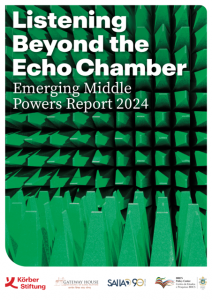
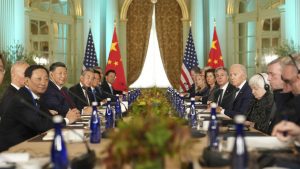 My colleague, Michael Swaine, now a Senior Research Fellow at the Quincy Institute for Responsible Statecraft, has produced two very insightful pieces on US-China relations. The longer piece can be found as a
My colleague, Michael Swaine, now a Senior Research Fellow at the Quincy Institute for Responsible Statecraft, has produced two very insightful pieces on US-China relations. The longer piece can be found as a 
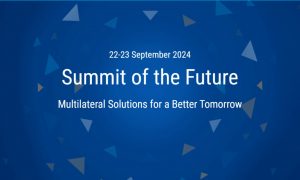 The Global Summit Project (GSP), as I’ve written in the past, has targeted as one of its main research interests, the national and international actions to achieve the Sustainable Development Goals (
The Global Summit Project (GSP), as I’ve written in the past, has targeted as one of its main research interests, the national and international actions to achieve the Sustainable Development Goals (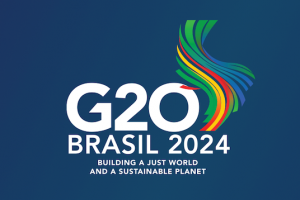 Who would think that the threat to the global order could emanate from global summitry leadership. But that appears to be a real possibility. Let me explain.
Who would think that the threat to the global order could emanate from global summitry leadership. But that appears to be a real possibility. Let me explain.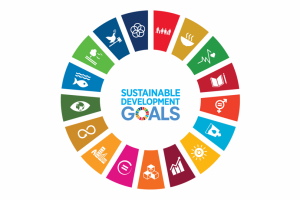
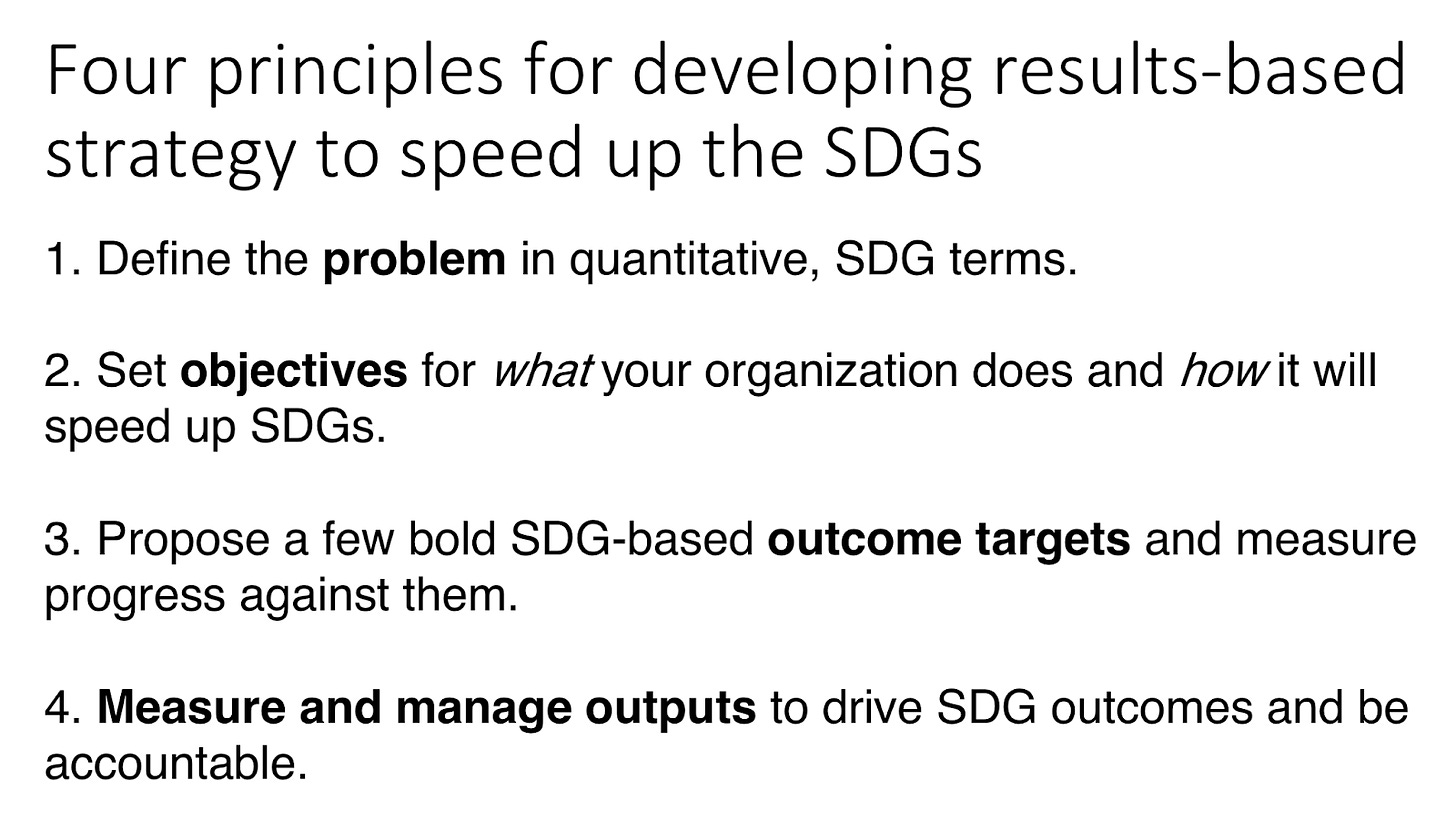
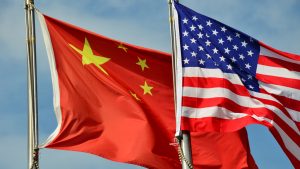 This week I, and just about everybody else holding some interest in sport, or at least in innovative commercials were distracted by the events leading up to, and including, the 58th Super Bowl. Notwithstanding the quickening approach of this Super Bowl Sunday, however, I was drawn to an examination by a number of experts for the Brookings Institution of the US-China relationship.
This week I, and just about everybody else holding some interest in sport, or at least in innovative commercials were distracted by the events leading up to, and including, the 58th Super Bowl. Notwithstanding the quickening approach of this Super Bowl Sunday, however, I was drawn to an examination by a number of experts for the Brookings Institution of the US-China relationship.